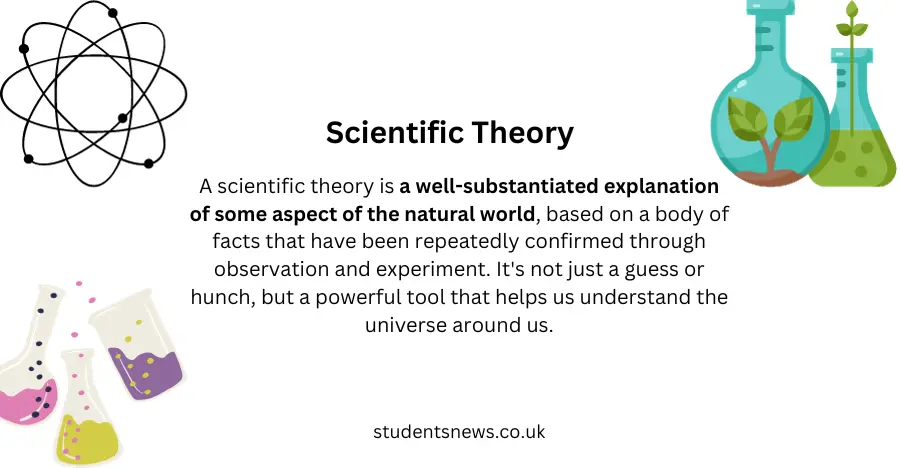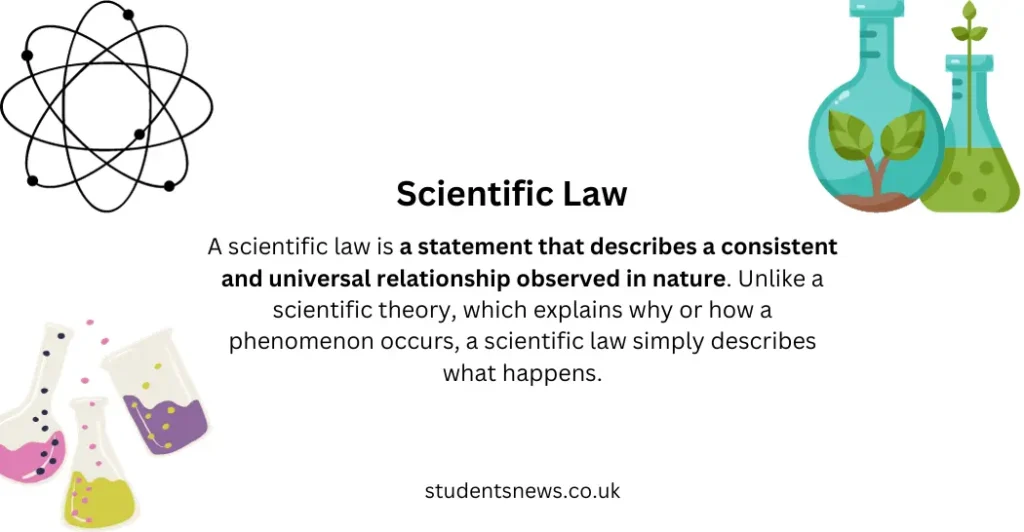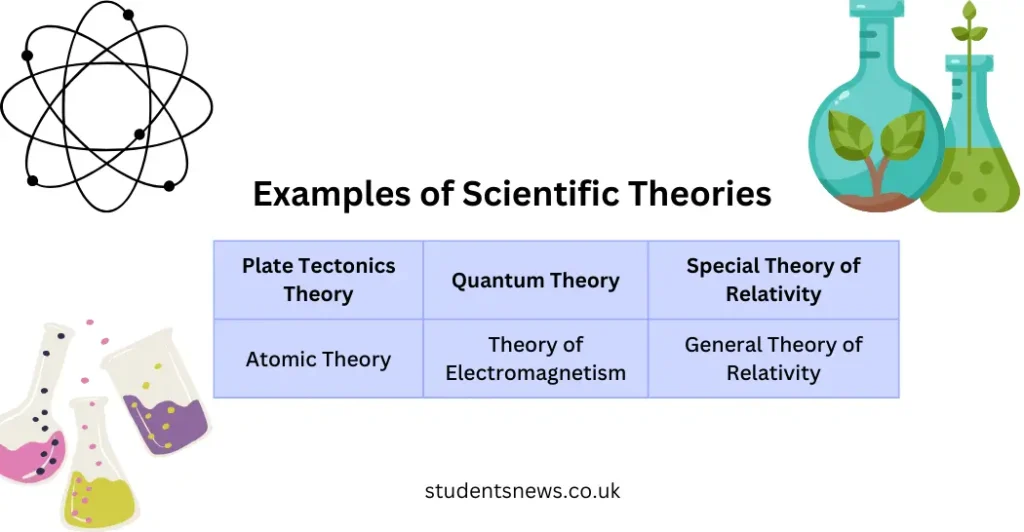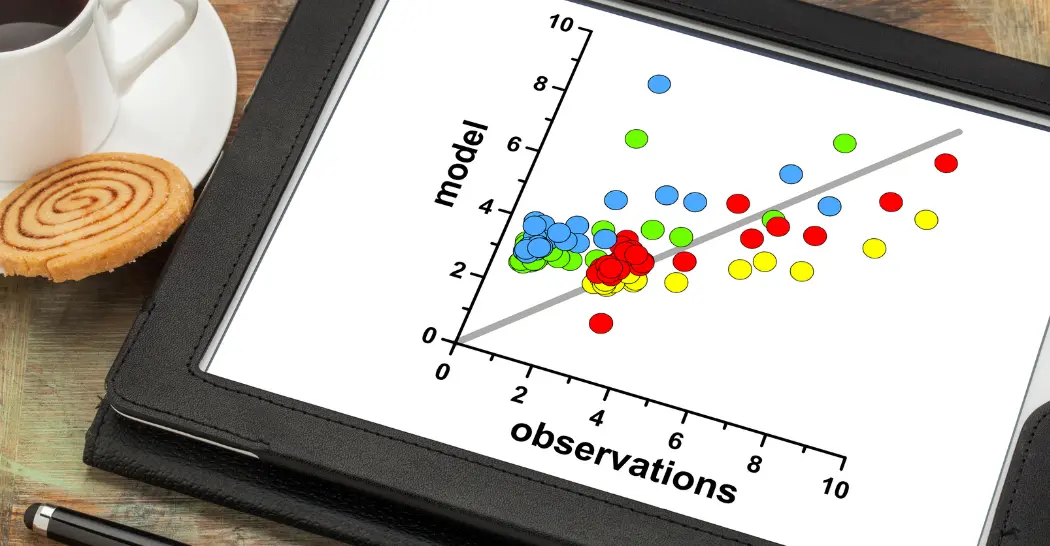What are these terms?

Scientific theories and scientific laws are fundamental concepts in the realm of scientific understanding. A scientific theory is a comprehensive and well-substantiated explanation of natural phenomena, grounded in empirical evidence and subjected to rigorous testing. These theories, for example, the theory of evolution or the theory of relativity, serve as overarching frameworks that integrate a diverse range of observations. Importantly, they are dynamic and can evolve as new evidence emerges.

On the other hand, scientific laws are succinct statements that describe consistent and universal relationships observed in nature, often expressed mathematically. Examples include Newton’s law of gravitation and Boyle’s law for ideal gases. Laws are specific, static, and do not provide explanations for the underlying mechanisms. While theories explain the “why” behind natural phenomena, laws focus on describing the “what” in a precise and concise manner.

Together, these concepts contribute to the depth and breadth of scientific knowledge, forming the foundation upon which our understanding of the natural world is built. The dynamic nature of theories allows for adaptation and refinement, while the static nature of laws provides reliable and concise descriptions of observed patterns in nature. Both play crucial roles in advancing scientific understanding and fostering ongoing exploration and discovery.
| Feature | Scientific Theory | Scientific Law |
|---|---|---|
| Definition | A well-substantiated explanation of some aspect of the natural world based on empirical evidence and extensive testing. | A statement that describes a consistent and universal phenomenon observed in nature, often summarized in mathematical terms. |
| Scope | Comprehensive, explaining a wide range of observations and phenomena. | Specific, describing a particular relationship or pattern observed in nature. |
| Support | Supported by a large body of evidence from experiments and observations. | Summarizes results from many observations or experiments but does not provide an explanation for the underlying mechanisms. |
| Dynamic Nature | Dynamic and can be modified or revised based on new evidence. | Static; laws rarely change and remain applicable under specific conditions. |
| Examples | Theory of evolution, atomic theory, theory of relativity. | Newton’s law of gravitation, Boyle’s law for ideal gases. |
| Explanation of Phenomena | Offers a detailed explanation for the observed phenomena. | Describes what happens without explaining why it happens. |
| Common Characteristics | Rigorous testing, peer review, and validation through empirical evidence. | Empirical generalizations, often expressed in mathematical equations. |



[…] Also Read: Scientific Theory vs Scientific Law […]